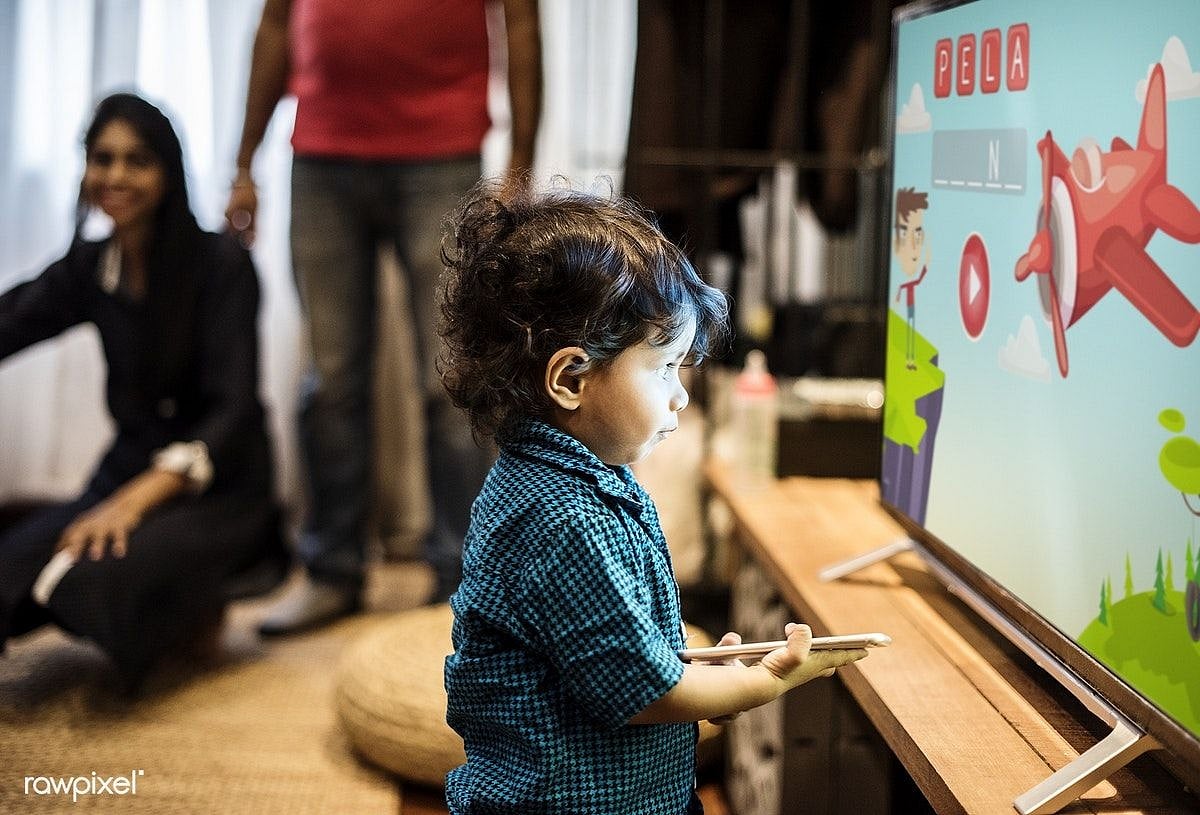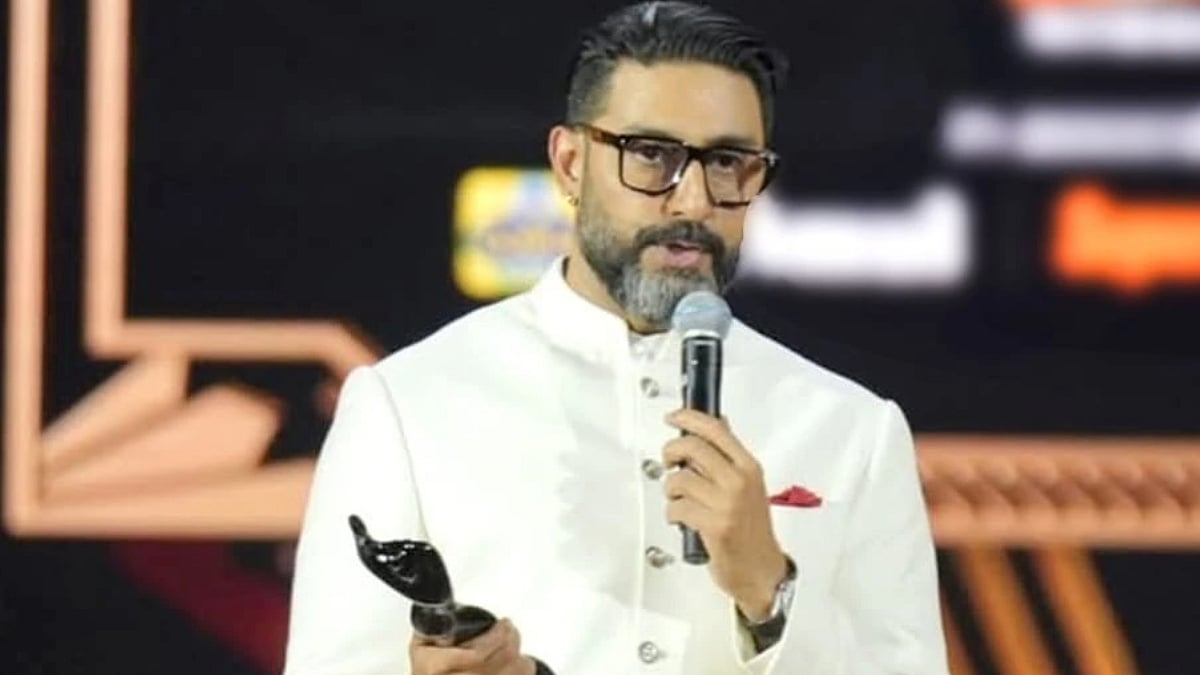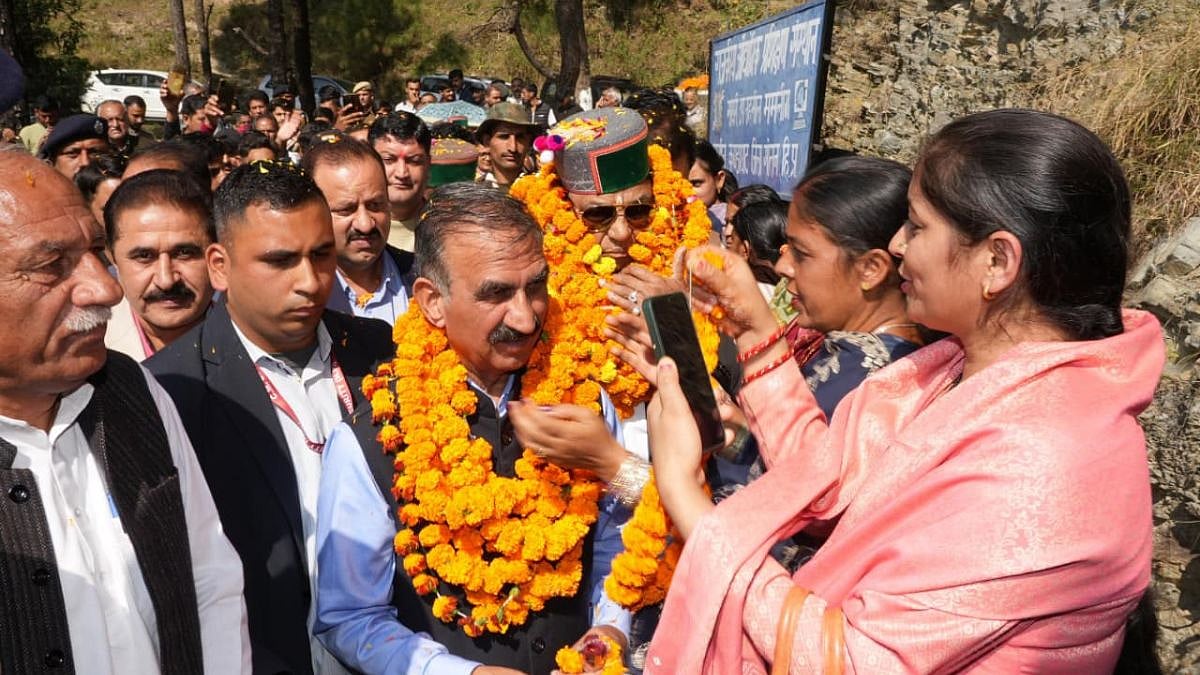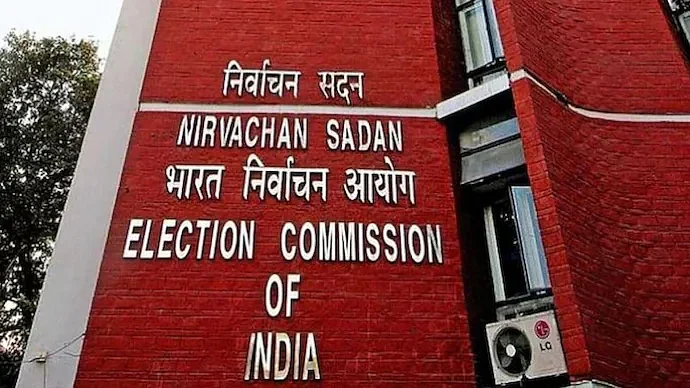If you are indeed smarter than your TV, chances are that you are a member of the growing tribe which shuns the idiot box. Or you could be a reformed 'teleholic' who has reclaimed his life. It’s an unusual question to ask on World TV Day and that too in the pandemic when binge-watching is the national pastime.
On second thought, it is not such an unusual question. Actually, it is in keeping with the objectives of World Television Day, which is to renew the commitments of governments, organisations and individuals to support the development of TV media by providing unbiased information about important issues and events that affect society.
As individuals who are sick of the fake news and shallow shows, this is the best way to send across a message to those who produce such crap and those who permit it to be aired.
Instead of harnessing the power of the medium for public interest, most Indian news channels shamelessly push the government's divisive agenda. The way TV channels spread falsehood in the Tablighi Jamaat case and the way they distorted the Sushant Singh Rajput suicide story violated every rule of journalism and even the norms of decency.
Panel discussions have been reduced to cockfights. Public intellectuals are afraid to appear even on the relatively sane channels lest they be heckled in the studio and targeted outside it. These toxic programmes raise your blood pressure, leading many to stop watching them. Now, even advertisers are shying away from such channels.
However, they are flocking to entertainment channels which dish out insipid stuff. What can you say about an ecosystem where serials like 'Bhabhiji Ghar Par Hain!' top the charts? For the record, this comedy show revolves around two neighbouring couples in which the husbands are attracted to each other's wives and 'hilariously' attempt to impress them.
Gone are the days when there were socially relevant serials such as Hum Log, Nukkad, Buniyaad, Tamas, Chanakya, Bharat Ek Khoj and Surabhi. As someone said, people don't get what they like but they start liking what they get. The 'soapiate' has turned us into zombies.
Television started in India on an experimental basis in 1959 and by 2016, the country had over 857 channels, of which 184 were pay channels. According to the Broadcast Audience Research Council, each Indian household watches five hours of TV every day. And even going by the 2011 census, the percentage of Indian households owning a TV set was 47 per cent, up from 31 per cent in 2001.
Those who have got out of the spell of the hypnotist at home are using the time to do meaningful things. To begin with, they are reconnecting with their families. Then comes catching up with relatives, mending ties with old friends, getting to know the neighbours, reading a book and finally, reflecting on life.
The alienation in today's global village was captured perfectly by a character in Saeed Mirza's Nukkad, depicting the struggles of the urban labour class. In an impromptu poetry session he bursts out with: 'Aasman mein sau, sau taare/ Na tum hamare, na hum tumhare.'
Overcoming the withdrawal symptoms of what the shrinks call screen addiction is taking the first step towards saving yourself from premature death as a couch potato. Don't just watch Milind Soman work out, sweat it out yourself, instead of moving on to the Kingfisher calendar shoot.
Anyway, who needs TV in this hyper-connected world? Viewers are turning to other screens such as computers, laptops and mobile devices, to access their videos.
We use the TV as a sleeping pill but studies show that it leads to disturbed sleep. Substitute it with reading or listening to a podcast and sleep better, get refreshed and perform better. Even otherwise, the less your brain is cluttered with trivia from TV, the more clarity you will have about the issues at hand.
The Journal of Economic Psychology puts it succinctly: It is tempting for many people to view TV rather than to pursue more engaging activities. As a consequence, individuals with incomplete control over, and foresight into their own behaviour watch more TV than they consider optimal for themselves and their well-being is lower than what could be achieved.
In fact, there is something more fundamental about TV and our minds. TV is not an interactive medium, it does not help the viewer focus on a topic, as the mind is carried away by the stream of images. You can see Virat Kohli’s sixer from six angles but TV is of little use if you want to see six sides to an issue. Simply put, the boob tube hinders critical thinking.
Overdosing on TV also gives you a warped sense of reality. The simulacra (representation or simulation of reality) that TV creates, becomes reality for the viewers, for example the photoshopped pictures of celebrities for advertisements. The French postmodern sociologist, Jean Baudrillard, who conceptualised simulacra and simulation, termed it hyper-reality.
Never will you hear about toppers, achievers and creative people, including those who write for TV, hooked to the medium; they don't let the channel, the advertiser or the state manipulate their minds, which is what TV does subtly.
The deleterious effect of TV is magnified when it comes to impressionable minds. It has been shown that children addicted to TV are less creative than those who prefer to read or play. Prolonged and unsupervised TV viewing has also been linked to aggressive behaviour in children.
One thing is certain, a child fed on Indian TV cannot but grow up into a confused person. Unless we make interesting programmes on science, education, entrepreneurship, health, architecture, social work, women and rural India, our TV will remain chewing gum for the eyes.
Kids should be shown a few chosen programmes but god knows what they are watching as there is no parental control. How can there be any when parents can’t control themselves.
Just like all work and no play makes Jack a dull boy, so does all TV and no outdoor activity and unstructured play time. Some children are so addicted to TV, the joke goes, that if you tell them to switch on to the real world they are likely to ask you which channel it is on.
On World Television Day, hit the pause button and ask yourself: How much time do I spend in front of the TV every day? Every week? How would my life change if I turned off the TV for one week, one month, one year?
The writer is an independent journalist based in Mumbai.









